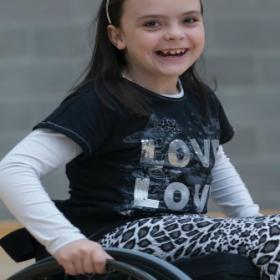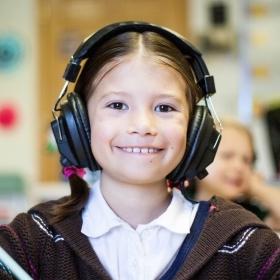Date last reviewed:
Thursday, Apr 18, 2024
Public health nurses immunize students in grades 6 and 9 at school immunization clinics. Consent forms are sent home from the school usually about one month before the clinic. In First Nations communities where students attend a First Nations school, community health nurses may immunize students at a school clinic, community health centre, or nursing station.
If your child misses the school clinic, is not comfortable getting immunized at school, is homeschooled, or needs to catch up on missing vaccines, call your local health unit, community health centre, or nursing station to schedule an appointment.
Learn what to expect and how to prepare for school-age immunizations.

Before immunization day
- Read the HealthLinkBC Files (fact sheets) to learn about the vaccines your child will receive. The HealthLinkBC Files are included with the consent form. You can also click on the vaccine name on the immunization schedule for school-age children & teens to find information on the vaccine and a link to the HealthLinkBC File.
- Please complete, sign, and return the consent form to your child's school. By signing the form, you are giving informed consent for your child to receive the immunizations.
- Review these tips for a more positive immunization experience. Discuss these tips with your child and help them choose which ones to use on immunization day.
- If you have questions, contact your health care provider, local health unit, or community health centre.
If your child is getting immunized at their local health unit, community health centre, nursing station, or doctor’s office, you will be given the HealthLinkBC Files and asked to give informed consent at the appointment.
On immunization day
- Ensure your child eats breakfast and wears a short sleeve shirt or something that allows easy access to their upper arm.
- Encourage your child to ask the nurse at the clinic any questions they have and to use the tips they learned for a more positive immunization experience.
- At the clinic, the nurse will review your child's consent form and ask your child some questions to confirm their name, birth date, and medical history.
- The nurse will ask your child to stay at the clinic for 15 minutes after immunization. This is important because after getting any vaccine, there is an extremely rare possibility of a serious life-threatening allergic reaction called anaphylaxis. The chance of this reaction occurring is about 1 in 1 million, and should it occur, the nurses are prepared to treat it.
- Your child will get a record of their immunizations. Keep the record in a safe place.
A note about mature minor consent:
It is recommended and encouraged that parents or guardians discuss consent for immunization with their children. However, the Infants Act states that children under the age of 19 can provide consent to a medical treatment on their own if the health care provider determines the child is capable of making this decision. This is called "mature minor consent" and includes providing consent for immunizations.
Although there is no set age for when a child can give mature minor consent for immunizations, in most circumstances, parents or guardians give consent for children 12 years of age and younger to be immunized. However, there may be extenuating circumstances in which a child of this age may provide their own consent. Older children are given the opportunity to consent for themselves.
Learn more in the HealthLinkBC File: The Infants Act, Mature Minor Consent and Immunization.
After the immunization clinic
- Your child may have some side effects after immunization. For information on what to expect and how to manage side effects, view the immunization aftercare sheet for school-age children & teens. You can find vaccine-specific side effects in the HealthLinkBC Files.
- Report any serious and/or unexpected side effects after immunization to your immunization provider/clinic or health care provider.



